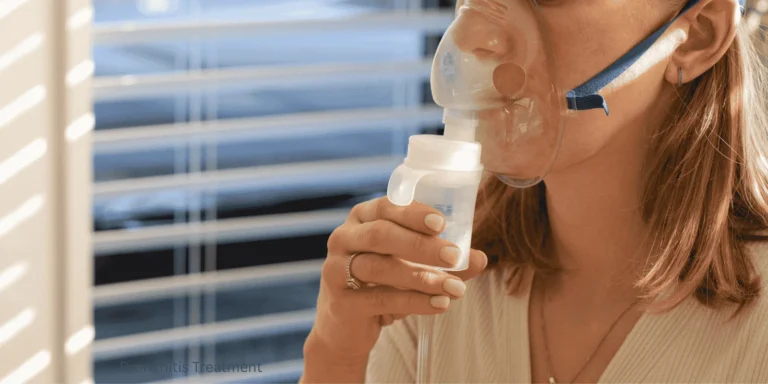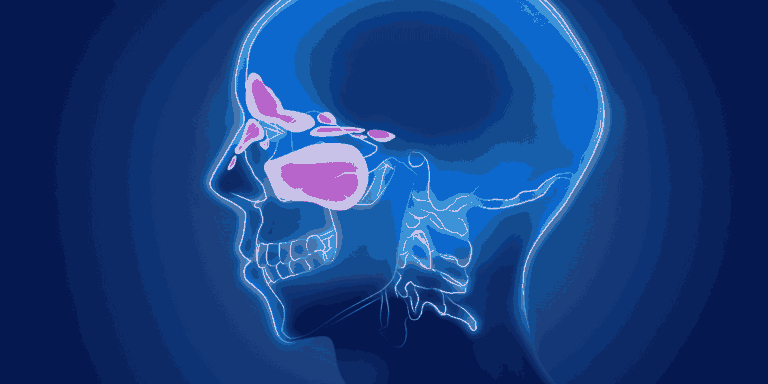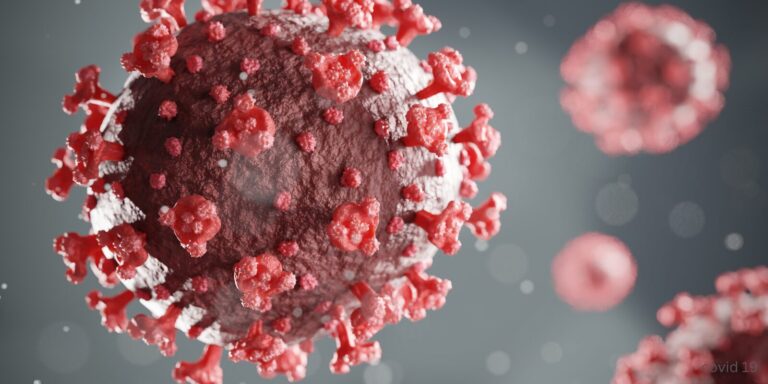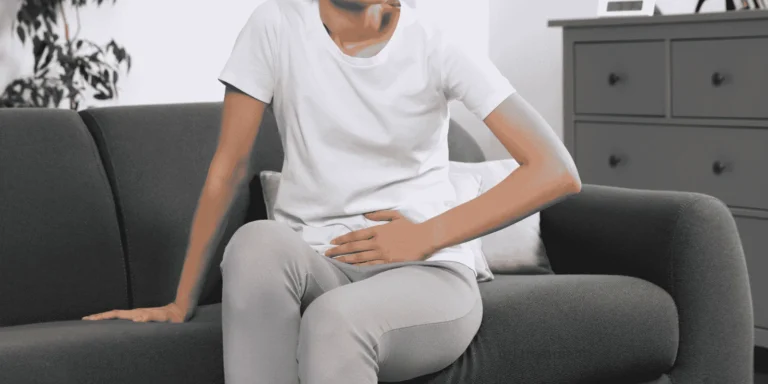Sinus infections make you feel like your head is going to explode. The pressure, the pain, the endless mucus—it’s miserable. While some sinus infections need antibiotics, many are viral and will improve on their own. Either way, over-the-counter medicines can help you feel better while you heal.
Let me break down what actually works for sinus relief.
Pain and Pressure Relief
Ibuprofen is my go-to recommendation for sinus pain. It reduces both pain and inflammation, which is exactly what you need when your sinuses are swollen and angry.
Take 400-600 mg every 6-8 hours with food. The anti-inflammatory effect helps more than just masking pain—it actually reduces the swelling that’s causing your misery.
Acetaminophen works too if you can’t take ibuprofen. It handles pain well but doesn’t reduce inflammation the same way. Some people alternate between the two for stubborn pain, but check with a doctor before doing that.
Decongestants That Work
Pseudoephedrine is the most effective oral decongestant. You’ll find it behind the pharmacy counter—you have to ask for it and show ID, but it’s worth the hassle.
It shrinks swollen nasal passages and helps your sinuses drain. Take it every 4-6 hours, but skip the evening dose if it keeps you awake. Some people get jittery from it.
Phenylephrine is what you’ll find on store shelves, but between you and me, it’s not nearly as effective. Recent studies show it barely works better than placebo for most people.
Nasal Sprays
Saline nasal spray or rinses are genuinely helpful. They flush out mucus and irritants while keeping your nasal passages moist. You can use them as often as you want.
I recommend them to almost everyone with sinus issues. A patient told me last week that saline rinses helped her more than anything else she tried. They’re cheap, safe, and surprisingly effective.
Oxymetazoline sprays like Afrin give fast relief for severe congestion, but here’s the rule—three days maximum. Use them longer and you’ll end up with rebound congestion that’s worse than what you started with.
Mucus Thinners
Guaifenesin helps thin mucus so it drains more easily. Look for products that contain it as the only active ingredient. It works better when you drink plenty of water along with it.
What to Skip
Those combination cold and sinus products usually contain stuff you don’t need. You end up paying more and taking extra ingredients that might cause side effects. Better to treat your specific symptoms.
When You Need More
If your symptoms last longer than 10 days, you’re getting worse instead of better, or you develop a high fever, it might be time for antibiotics. Through telemedicine, I can assess whether you need prescription treatment based on your specific symptoms.
Stay hydrated, use a humidifier, and give these medications time to work. Most sinus infections improve within a week or two.












